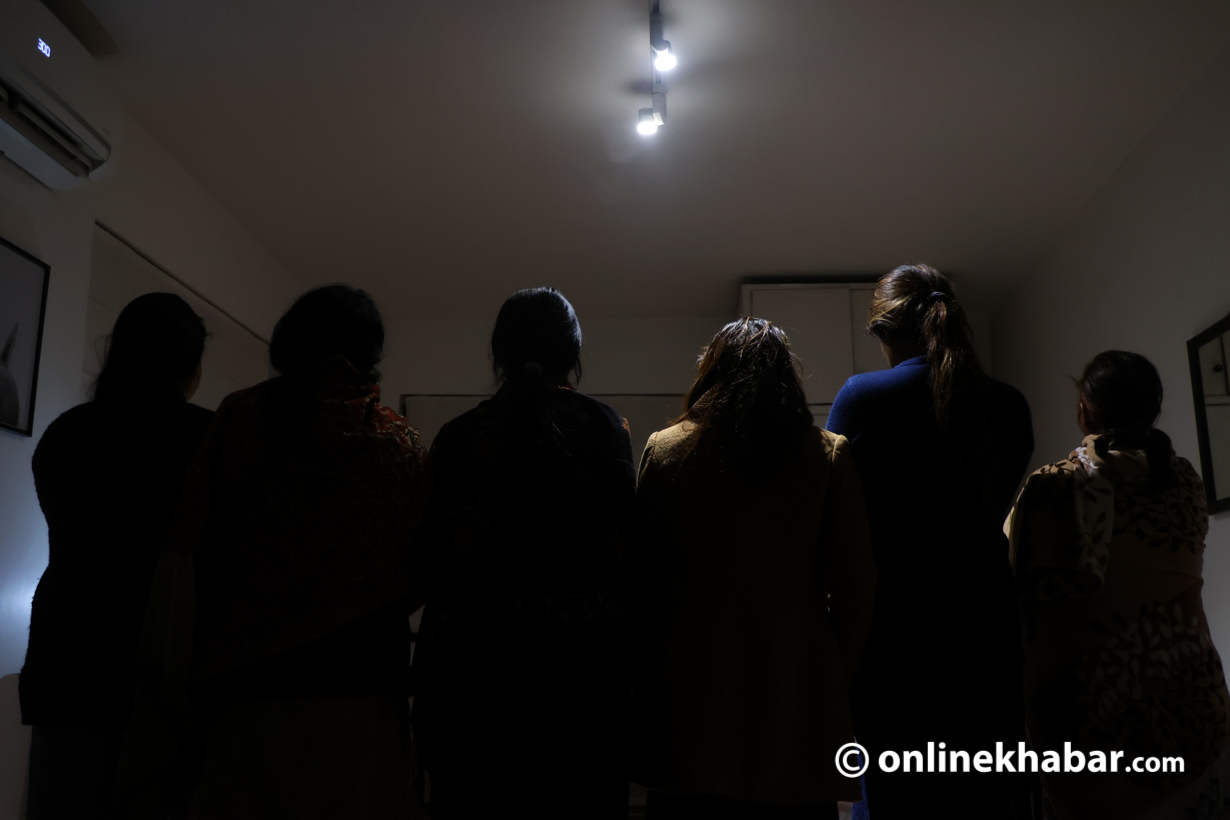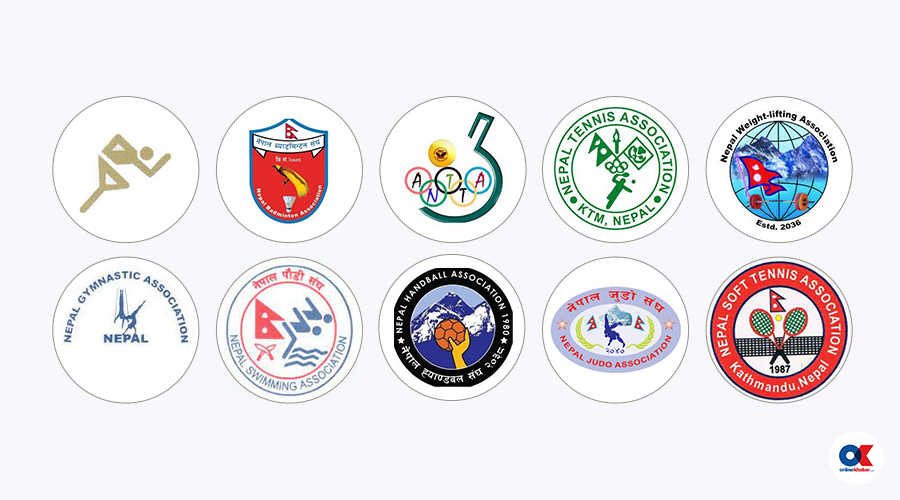
The new Bollywood film Padman, starring Akshay Kumar, is the story of how India’s “menstrual man” Arunachalam Muruganantham came up with a revolutionary new method of producing cost effective sanitary pads. This helped to improve menstrual health and provide an income for rural women in India and beyond.
India is the leading film market in the world, with 2.2 billion tickets sold in 2016. One of the aims of this new comedy-drama is to reach a wide audience, create awareness and challenge the taboos and stigma surrounding menstruation in India.
Wider issues
But access to pads is only one issue. Girls might also miss school because of period pain, lack of toilet facilities, the fear of staining clothes or the views of teachers and family – last year, students were allegedly forced to strip in a school to see who was menstruating. This is not just an issue for India: one in ten girls in some parts of sub-Saharan Africa miss school because of their periods and even in the UK period poverty causes similar issues.
The wider issue that Padman highlights is the stigma and taboos that surround menstruation. In India, restrictions include not being allowed to enter religious shrines, touch people or food in the kitchen, or touch or eat pickles. Taboos around periods exist in almost every country in the world, meaning many women and girls face discrimination. Global stigmas and practices include:
Nepal: Chaupadi is a social tradition associated with the menstrual taboo in western Nepal which forces women and girls to sleep outside their house, often in a cowshed, while they have their period. Chaupadi was banned in 2005 and made a criminal offence in 2017, but one young woman has already died in January 2018 because of it.
Japan: Women cannot be sushi chefs as menstruation affects their sense of taste. But women are fighting back and opening their own restaurants.
Afghanistan: Women are told washing or showering during their periods can lead to infertility.
Bolivia: Women are told putting used sanitary pads in the bin with other rubbish can lead to cancer.
US: 42% of women have experienced period shaming, 58% felt embarrassed and 73% hide pads and tampons from view.
UK: 26% of girls did not know what to do when they first started their period and 48% are embarrassed by their period.

It’s interesting to note that the first major film to tackle this issue focuses on a male entrepreneur. Yet there are many other organisations and inspirational individuals, usually women, working to challenge the stigma around periods. For example in India, there is Aditi Gupta, founder of the menstrupedia comic, which aims to educate children about menstruation. Writer and peace campaigner Radha Paudel is also challenging chaupadi in Nepal.
Education is key to changing attitudes to menstruation and in order to do this we need to engage men and boys. Perhaps male hero Padman is a first step. ![]() Being able to manage menstruation safely and without stigma is a basic human right which many women and girls are denied. The silence and stigma around menstruation cannot be replaced by a new form of sanitary pad; it can however be challenged by discussion and awareness and Padman can perhaps play an important role in starting the conversation.
Being able to manage menstruation safely and without stigma is a basic human right which many women and girls are denied. The silence and stigma around menstruation cannot be replaced by a new form of sanitary pad; it can however be challenged by discussion and awareness and Padman can perhaps play an important role in starting the conversation.
Kay Standing, Reader in Gender Studies, Liverpool John Moores University
This article was originally published on The Conversation. Read the original article.























